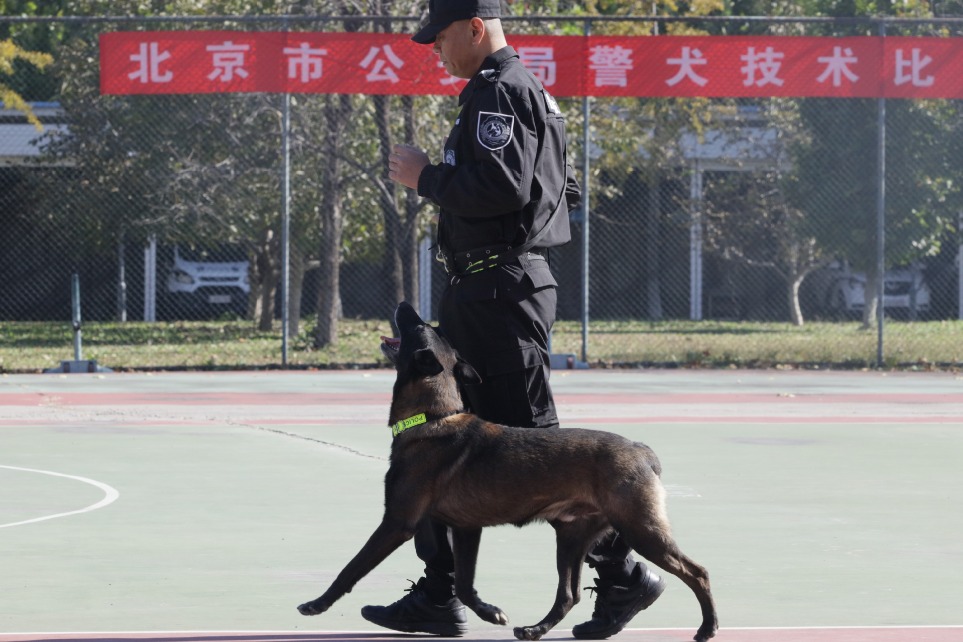Shanghai medical experts make cancer treatment discovery


Shanghai medical experts have discovered a new treatment method that improves outcomes for HER2-positive breast cancer patients who have brain metastases, Fudan University Shanghai Cancer Center announced on Jan 12.
This single-center, phase II clinical study found that local radiotherapy combined with Pyrotinib tablets, a small molecule drug developed by Jiangsu Hengrui Pharmaceuticals Co Ltd, and an orally-taken chemotherapy medicine can reduce the risk of intracranial disease progression within one year and significantly improve the progression-free survival rate for such patients.
A paper about the research, which was led by professors Guo Xiaomao, Yu Xiaoli, and Yang Zhaozhi from the Radiation Oncology Center of Fudan University Shanghai Cancer Center, was released on the website of JAMA Oncology on Jan 4.
The latest statistics from the National Cancer Center show that the annual incidence of breast cancer in Chinese women is about 43 per 100,000, of which HER2-positive cases account for 20 to 30 percent. Up to 50 percent of HER2-positive patients are highly susceptible to brain metastases.
The current treatment regimes are surgery and local radiation therapy for intracranial metastases, said experts.
"However, about half of such patients develop primary or new intracranial distant metastases in the brain within one year after the treatment, and this threatens their long-term survival," said Guo, who is also Party secretary of the hospital.
"We'd been exploring new therapies that are able to take control of the disease for a longer period of time after standardized treatment and prevent it from getting worse," he said.
In the two-year trial that involved 40 participants, the progression-free survival rate within one year was as high as 74.9 percent, exceeding the research team's expectations.
"The median survival time of the enrolled patients was 17.6 months, significantly extending the survival of such patients by six months compared with the current treatment regime widely used clinically," said Yu.
The study is the only published prospective clinical research that proves brain radiotherapy combined with small molecule drugs can reduce the risk of intracranial disease progression in the field of clinical study of breast cancer internationally, said Guo.
- China's top legislature concludes standing committee session
- Xi highlights key role of 15th Five-Year Plan
- Beijing sees surge in online investment fraud cases
- Cyberspace regulator kicks off drive to tackle 'abusive tipping practices'
- China revises Cybersecurity Law to bolster AI development
- Ex-Bank of Communications VP Investigated





































